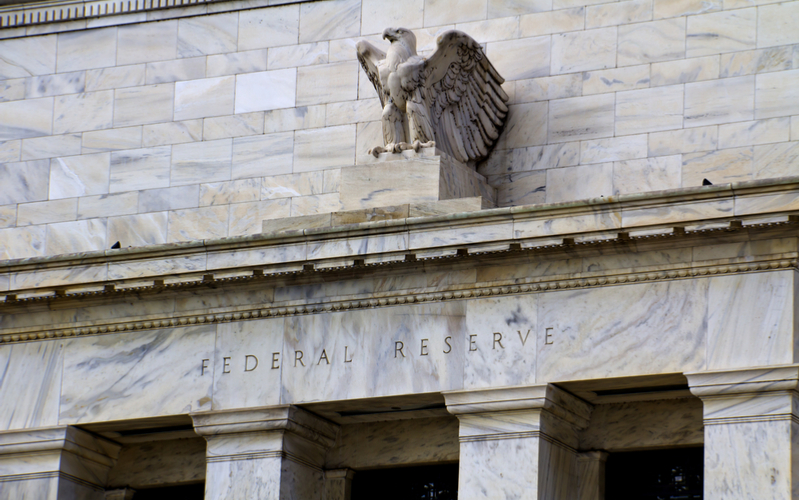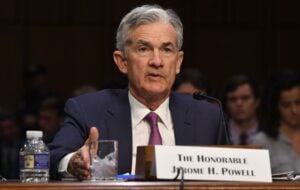
The Federal Reserve’s mandate has expanded significantly over the last few months. In addition to its traditional role of ensuring monetary stability, which seems to have taken a backseat, it is now charged with allocating credit to a much greater extent than ever before.
In response to criticisms, some Fed watchers have correctly noted that the Fed’s new activities are authorized by Congress. The CARES Act specifically permits the Fed to loan to small- and medium-sized businesses, as well as municipal and state governments. They acknowledge that the Fed’s emergency lending prerogative has been expanded considerably. But the Fed is a creature of Congress, they say. And expanding its lending prerogative is well within the rights of Congress.
Let’s be clear: whatever the legal justification for such policies, the Fed’s new lending programs are nonetheless bad policies. The problem is not merely that the Fed’s programs vastly exceed its traditional mandate. It’s that they render the Fed more prone to political meddling and less capable of accomplishing its primary objective: providing monetary stability. It’s puerile to reply to claims that a policy is bad by noting that it’s legal.
Congress sets a dangerous precedent by expanding the Fed’s emergency lending powers in the absence of any signs of panic in the financial system. It signifies that the central bank can be commandeered by politicians on short-term election cycles to pursue whatever ends they see fit. However bad a tinkering technocrat might be, technocrats who take their marching orders from populist rabble-rousers will surely be worse.
The Fed’s new activities obliterate the distinction between fiscal policy and monetary policy. In some ways, it’s more worrisome, not less, that they are occurring at the behest of Congress.
In order to reach a fiscal decision, those in Congress must negotiate various political tradeoffs associated with taxing and budgeting. If members of Congress can accomplish some of their fiscal goals by using the Fed’s balance sheet, however, they can pay significantly less attention to constituent demands.
Suppose members of Congress want to bail out a fiscally irresponsible municipal organization. Taxpayers might be incensed by the thought of footing the bill. And, fearing reprisal at the voting booth, members of Congress might think better of it. If that organization can get a loan through the Fed’s Municipal Liquidity Facility, though, the same goal is achieved while obfuscating the link between cost and choice. It is, in other words, an effective strategy for undermining democratic checks on policy.
The Fed is—and should be— accountable to Congress. But Congress should exercise its oversight by handing the Fed a narrow mandate to achieve nominal stability, as well as taking the Fed to task when it fails to meet that objective. In other words, Congress should force the Fed to focus on what it can actually achieve. It should not use the Fed to accomplish fiscal goals through monetary means. There is no good reason to give the Fed a free pass just because their irresponsible decisions come with statutory cover. Monetary and financial economists should be outraged. That many of them support these new efforts is troubling. They ought to know better.



